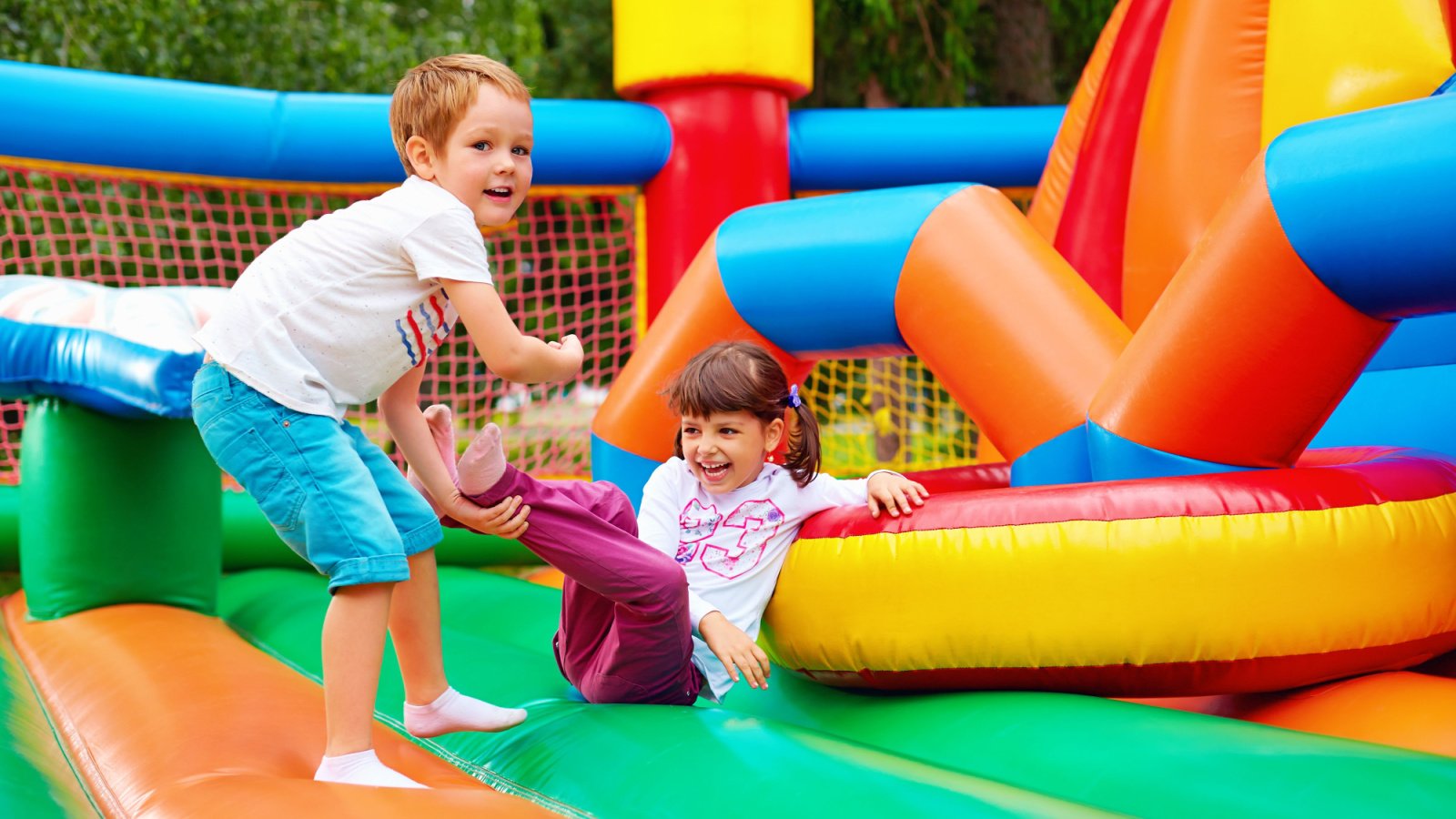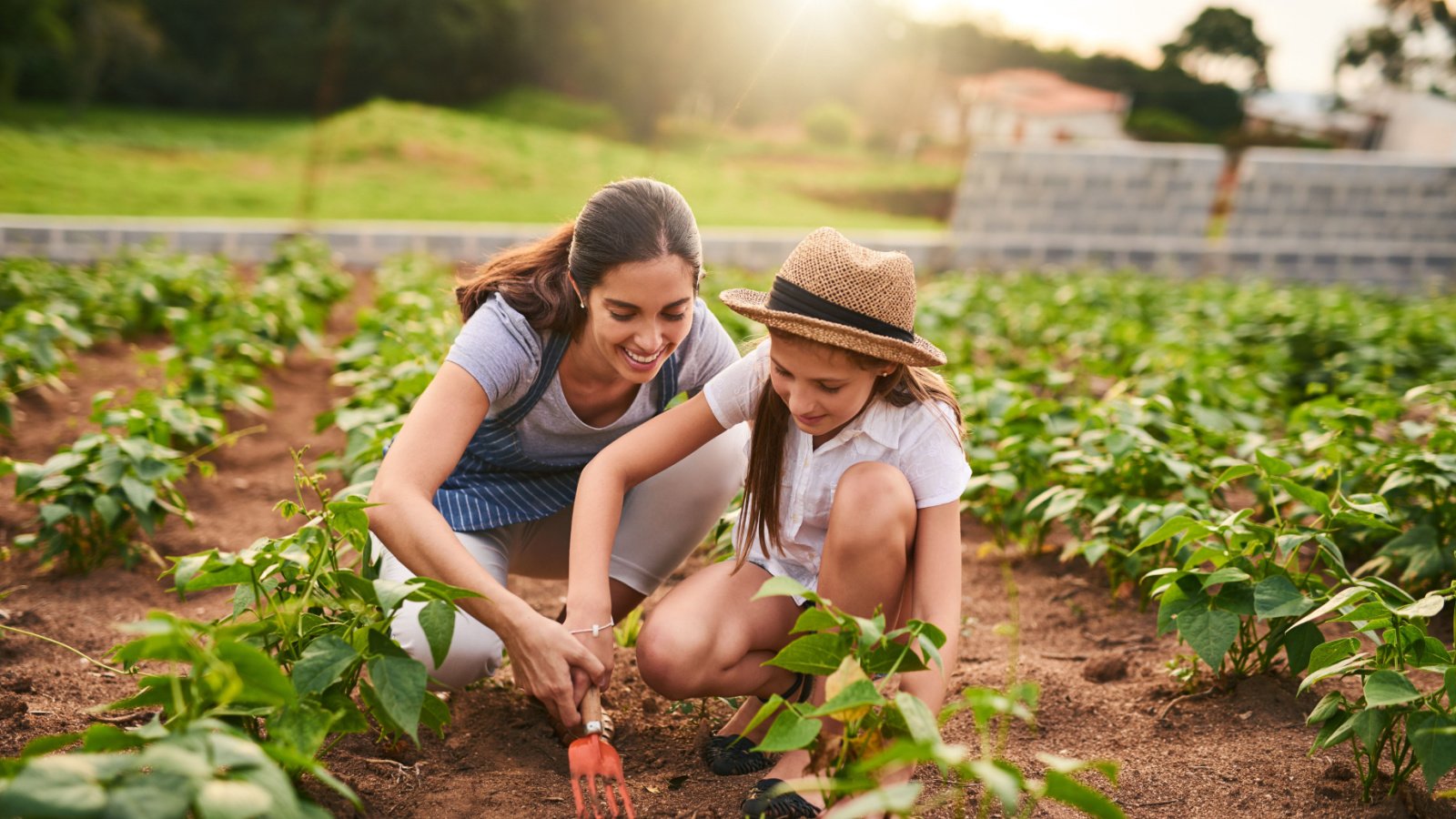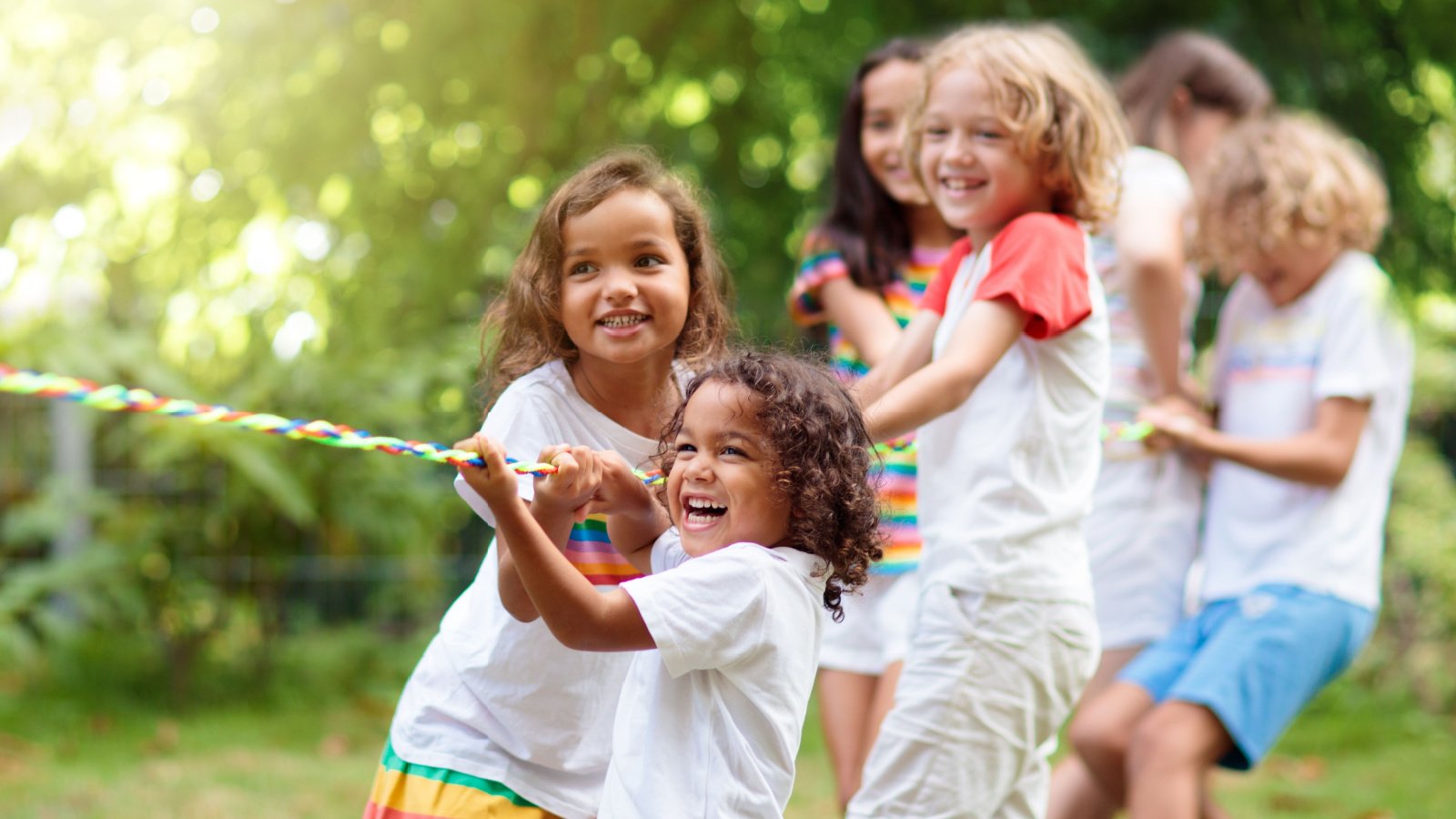Today, screens often dominate our children’s attention. However, the timeless allure of outdoor play offers surprising benefits beyond fresh air and sunshine. Discover why the great outdoors is not just a playground but a crucial stage for childhood development.
Boosts Creativity

Children playing outside are often inspired by the natural world around them. This exposure sparks their imagination, leading to more creative play. They invent games, create make-believe scenarios, and engage with the environment in ways that indoor play can’t match. Each tree, rock, or hill can become a castle, a spaceship, or a hidden world, fueling endless creative possibilities.
Enhances Physical Fitness

Outdoor play is a natural exercise for children. Running, jumping, climbing, and playing sports develop their strength, endurance, and coordination. Unlike structured gym activities, outdoor play is diverse and unpredictable, which challenges different muscle groups. This type of physical activity is crucial for growing bodies and helps in combating childhood obesity.
Improves Social Skills

Playing outdoors often involves other children, which is a fantastic opportunity for social development. Kids learn to communicate, cooperate, and solve conflicts while playing games together. They develop friendships and learn to understand different perspectives. This social interaction is essential for building empathy and social intelligence.
Encourages Independence

Outdoor play allows children to make their own decisions and explore at their own pace. They learn to take risks, make choices, and face the consequences of those choices. This independence fosters self-confidence and decision-making skills. As they navigate the outdoors, they develop a sense of autonomy that is hard to replicate indoors.
Connects with Nature

In our digital age, connecting with nature is more important than ever. Outdoor play immerses children in the natural world, helping them appreciate the beauty and complexity of the environment. They learn about plants, animals, and ecosystems firsthand. This connection fosters environmental awareness and a lifelong respect for nature.
Reduces Stress and Anxiety

The natural environment has a calming effect on children. Playing outdoors, surrounded by greenery and fresh air, helps reduce stress and anxiety levels. It’s a chance for kids to unwind and disconnect from the pressures of modern life. The peacefulness of nature provides a much-needed break for their developing minds.
Enhances Sensory Skills

Outdoor environments are a sensory-rich experience. Children touch, smell, see, and hear new things, which helps in sensory development. They experience different textures, sounds, and smells that indoor environments can’t offer. This sensory play is crucial for brain development and helps in refining motor skills.
Promotes Risk-Taking

Playing outside often involves a certain level of risk, like climbing trees or jumping from heights. This risk-taking is important for children’s development. It teaches them to assess risks, develop their judgment skills, and learn from their experiences. These lessons are invaluable in preparing them for the challenges of adulthood.
Improves Sleep Quality

Physical activity and exposure to natural light during outdoor play help regulate children’s sleep patterns. After a day full of outdoor activities, children tend to fall asleep faster and sleep more deeply. Good sleep is essential for their physical and mental health, aiding in growth and development.
Develops a Love for Adventure

Outdoor play nurtures a sense of adventure in children. Exploring new environments, facing challenges, and engaging with the unknown sparks their curiosity. This love for adventure can translate into a lifelong passion for exploring, traveling, and learning new things.
Improves Attention Span

Children who play outside regularly tend to have longer attention spans. The diverse and stimulating outdoor environment requires them to focus and pay attention to details. This improved concentration is beneficial for academic learning and other areas of life.
Fosters Problem-Solving Skills

The unpredictable nature of outdoor play presents numerous problem-solving opportunities. Whether it’s figuring out how to build a fort or deciding the best way to play a game, children learn to think critically and creatively. These problem-solving skills are crucial for their development and future success.
Strengthens Immune System

Exposure to different environments and natural elements can strengthen children’s immune systems. Playing in the dirt, for example, exposes them to beneficial bacteria that help in building a stronger immune response. This exposure reduces the likelihood of developing allergies and autoimmune diseases later in life.
Encourages a Healthy Lifestyle

Kids who enjoy outdoor play are more likely to continue being active as they grow older. This early love for physical activity promotes a healthy lifestyle, reducing the risk of health issues like heart disease and diabetes. It sets a foundation for a lifetime of health and wellness.
Enhances Learning Through Play

Outdoor play is a form of experiential learning. Children learn about gravity, physics, biology, and more through hands-on experiences. They don’t just read about these concepts; they live them. This type of learning is engaging and helps solidify complex ideas in young minds.
Builds Resilience

Facing the challenges of outdoor play, like weather conditions and physical obstacles, builds resilience in children. They learn to adapt, persist, and overcome difficulties. This resilience is a key trait that will help them face life’s challenges with a positive attitude.
Promotes Mindfulness and Reflection

Being in nature can be a meditative experience for children. It encourages them to be present in the moment and reflect on their surroundings and thoughts. This mindfulness is important for mental health and developing a balanced, reflective approach to life.
Encourages Respect for the Environment

Regular interaction with the natural world teaches children to respect and care for the environment. They learn the importance of conservation, the impact of pollution, and the value of sustainability. These lessons are crucial for the future stewards of our planet.
Develops Fine and Gross Motor Skills

Outdoor play involves various physical activities that develop fine and gross motor skills. Climbing, running, and jumping improve gross motor skills, while activities like picking up objects and crafting with natural materials enhance fine motor skills. These skills are essential for overall development.
Expands Worldview

Children who play outdoors get a broader perspective of the world. They learn about different cultures, communities, and ways of living through exploration. This expanded worldview fosters tolerance, understanding, and a sense of global citizenship.
Boosts Vitamin D Levels

Playing outdoors exposes children to sunlight, which is essential for vitamin D synthesis. Vitamin D is important for bone health, immune function, and overall well-being. This natural source of vitamin D is more effective and enjoyable than dietary supplements.








